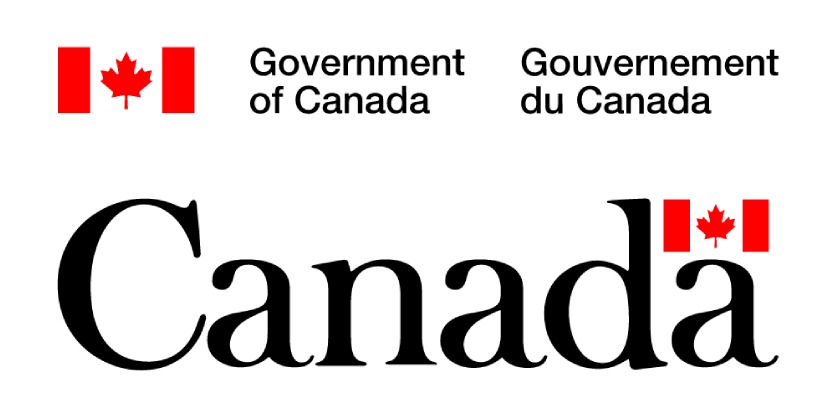Government of Canada Welcomes Proposal from Electra Battery Materials that will Strengthen Canada’s Critical Minerals Value Chain
March 25, 2025

Proposal would enable the production of cobalt sulfate
The federal government is committed to expanding Canada’s critical minerals value chains to power clean technologies. The growing demand for critical minerals represents a generational opportunity for Canada to build the strongest economy in the G7, anchor supply chains and support the shift to a net-zero economy.
On March 21, Marc G. Serré, Parliamentary Secretary to the Minister of Energy and Natural Resources, on behalf of the Honourable Anita Anand, Minister of Innovation, Science and Industry, welcomed Electra Battery Materials’ (Electra) proposal to transform its Temiskaming Shores facility into a cobalt sulfate refinery production plant.
This proposal will support Canada’s position as a key player in the critical mineral and electric vehicle (EV) battery industry. Electra will process one of the six critical minerals identified as a priority under the Canadian Critical Minerals Strategy. Canadian cobalt sulphate production will enable the automotive industry to have access to necessary battery materials, and it will encourage the growth of several sectors such as EVs, medical therapeutics and defence manufacturing.
Canada is strongest when we are united. There should be one Canadian economy, not thirteen. Creating one Canadian economy will create higher paying jobs, improve affordability, and strengthen our national security.
Quotes
“Canada has everything it takes to be a leading force in critical minerals processing, manufacturing and recycling. Critical minerals are essential to powering a low-carbon economy. I am interested in seeing how this develops, as Electra’s proposal may positively impact critical minerals processing in Canada.”
– The Honourable Anita Anand, Minister of Innovation, Science and Industry
“Canada, with its abundance of critical mineral resources, is uniquely positioned to play an important role in the global energy transition. As the demand for critical minerals increases, along with the clean energy and technologies they enable, our high environmental social governance standards and the expertise of our workforce will be critical advantages in the low-carbon economy of the future. Electra’s project will provide Canada with a high-quality critical mineral input that will contribute to the net-zero economy and strengthen our mining industry”
– Marc G. Serré, Parliamentary Secretary to the Minister of Energy and Natural Resources
“The federal government’s commitment to Northern Ontario, to its mining sector, and the important role that it will play in Canada’s transition to a clean and sustainable economy is very evident.”
– Anthony Rota, Member of Parliament for Nipissing—Timiskaming
“We are grateful to be working with the Government of Canada. This underscores its commitment to advancing North American energy security and critical mineral independence. Electra’s refining complex is a cornerstone of this collective effort, providing a strategically unique solution to strengthen and diversify the region’s critical minerals supply chain. By addressing domestic shortfalls and reducing reliance on China, where approximately 90% of the world’s cobalt is currently refined, we are fostering a more resilient, sustainable, and self-reliant future for North America.”
– Trent Mell, CEO of Electra
Quick facts
- Founded in 2011 as First Cobalt, Electra Battery Materials Corporation is a publicly traded Canadian company that is headquartered in Toronto. It has proposed expanding the production of cobalt sulphate for North America’s electric vehicle industry.
- The company is seeking to redevelop a former metal refinery located in Temiskaming Shores, Ontario, a community with a rich mining history.
- Electra’s facility is estimated by the company to be able to process around 6,500 metric tonnes of battery grade cobalt, which represents up to 5% of the total global market share for cobalt sulfate.
- In June 2024, Electra Battery Materials Corporation (Electra) received $5 million from Natural Resources Canada’s Critical Minerals Research Development and Demonstration Program to support the next phase of its battery recycling proposal in Temiskaming Shores, Ontario.
- The Federal Economic Development Agency for Northern Ontario invested an additional $5 million through the Regional Economic Growth through Innovation program, adding to its $5 million investment from 2020, to support the continued recommissioning and expansion of Electra’s hydrometallurgical cobalt refinery in Ontario.
Related Story
Investing to Make Canada a Global Critical Minerals Superpower
As global demand for critical minerals is expected to double by 2040, Canada is uniquely positioned to be a global leader and supply this growing market: we have an abundance of critical minerals and the workers, businesses and communities with the know-how to scale up the mining, processing and manufacturing of products and the recycling of these minerals. Since the launch of Canada’s first-ever Critical Minerals Strategy in 2022, the Government of Canada has made historic investments and removed barriers to get good mines and processing facilities built faster, responsibly.



